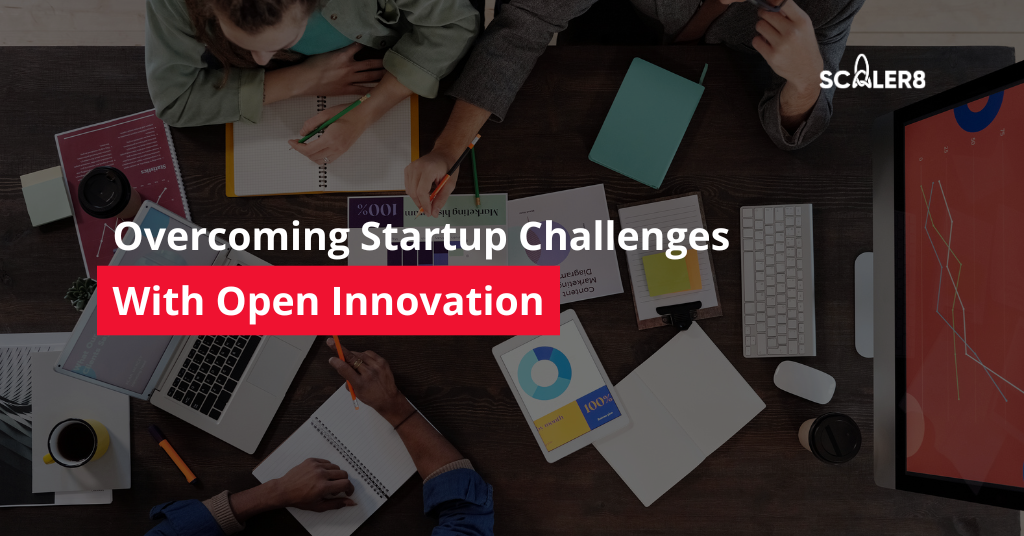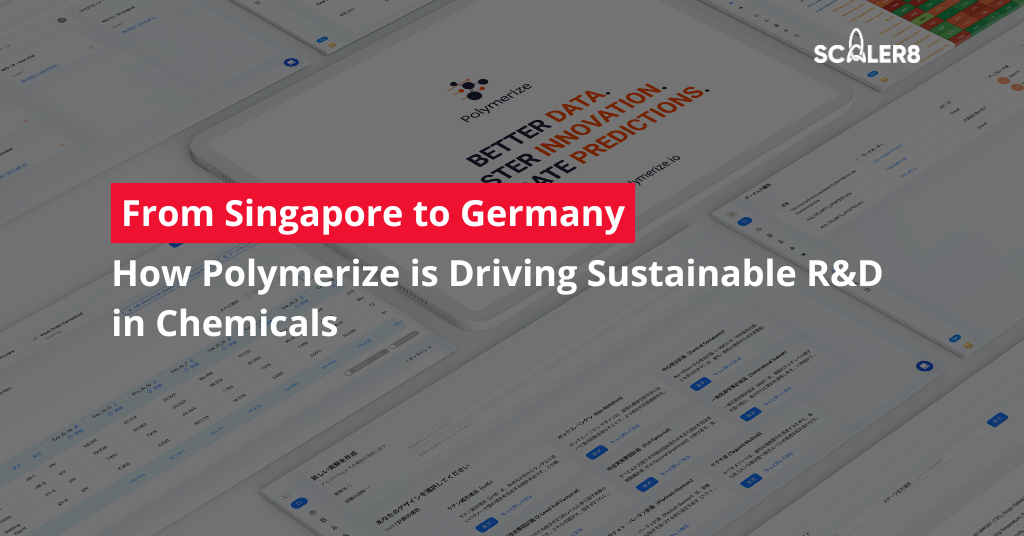Germany is set to continue its recovery to pre-pandemic levels in 2022 despite the year starting off with a wave of coronavirus infections causing the government to revise its growth projections for the year from 4.1% to 3.6%.
The new government has pledged to direct more funding to boost the local startup ecosystem. Speaking at the SuperVenture 2021 in Berlin, the German commissioner for digital industry and startups, Thomas Jarzombek, elaborated on several initiatives in the works to create better conditions for startups and VCs to thrive worth €20 billion. Singaporean tech startups in these sectors have much to gain as Germany continues its relentless march to sustain its position as a tech hub in the region.
1. Artificial Intelligence
A report by Gartner in 2015 revealed that only 10 percent of enterprises had deployed artificial intelligence (AI). By 2019, that number jumped to 37 percent, a 270 percent increase in just four years. In 2021, that number had grown to 56 percent and is expected to continue its growth given its wide-ranging business applications from optimising service operations to risk modelling and analytics, contact Centre automation, sales and demand forecast and more.
Like many other countries, Germany hopes to improve the competitiveness of its existing industries by adopting AI. This is evident from its national AI strategy “AI Made in Germany” involving a planned investment of €3 billion. For Singaporean tech startups with innovative AI applications and solutions, this presents a wonderful opportunity for growth.
2. Green Tech
Germany’s new government has pledged to intensify its efforts to address climate change. This echoes the sentiments across the region as consumers call for sustainable products and services. European investors are increasingly investing in solutions to help different areas of society to become sustainable in areas such as carbon accounting for corporations, waste management and recycling, food tech and more.
This is further demonstrated by the growth of investments in European sustainability startups from €4.7 billion in 2020 to €8.8 billion in 2021. The segments to look out for are energy efficiency and sustainability mobility, following the growing demand for sustainable energy production, storage and distribution as well as energy-efficient production processes in appliances and buildings.
3. Fintech
Germany’s fintech industry has received much interest from international VC investors as seen by N26’s US$900 million raise in Q4 21. This can be attributed to several socioeconomic factors including, a high GDP per capita currently standing at US$45,723, wide adoption of digital payments and ownership of accounts at financial institutions by over 86% of the population. Germany is also one of the most important financial centres both in Europe and internationally.
It serves as the headquarters of the European Central Bank, the German Central Bank (Bundesbank), the German Stock Exchange (Deutsche Börse AG) in addition to hundreds of commercial banks and branches of foreign central banks. Altogether, this provides Singaporean startups in the fintech industry with a wealth of opportunities for growth, partnerships, clients, customers, investors and more.
4. E-commerce
E-commerce has emerged as one of the most attractive sectors for startups. Analytics from EY’s startup barometer revealed a triple increase in total financing volume from €976 million in 2020 to a whopping €3.7 billion in 2021. Experts suggest that much of this growth rides on the back of growing online retail due to the Covid crisis, with many companies adapting their operations to fit the new normal.
The growing trend has sparked a wave of e-commerce startups which is further buoyed by the increase of internet shoppers, the nation’s high GDP per capita and excellent logistics. This bodes well for Singaporean startups with innovative e-commerce applications and solutions looking to expand.
5. Agriculture Tech
Germany aims to become a world leader in smart farming and has pledged €60 million to develop the industry. The market for agricultural technology in the nation is growing, driven by digital transformation and global factors such as climate change and population increase. Agritech startup financing grew from €5 million in 2020 to €85 million in 2021. Given Singapore’s emerging thriving aggrotech ecosystem, startups in the industry should consider expanding to Germany to grow, apply and further develop their solutions.
Final thoughts
Germany’s position as a nexus for trade coupled with a vibrant startup ecosystem and conducive government policies provides a window of opportunity for Singaporean startups looking to gain a foothold within the international scene.
Scaler8 is helping Asian startups and SMEs for successful entry into the German market. It doesn’t matter if you are just getting started or ready to take the leap, our services are tailored according to the needs of each individual company. Reach out to us for assistance if you wish to enter or navigate Europe’s largest economy.




